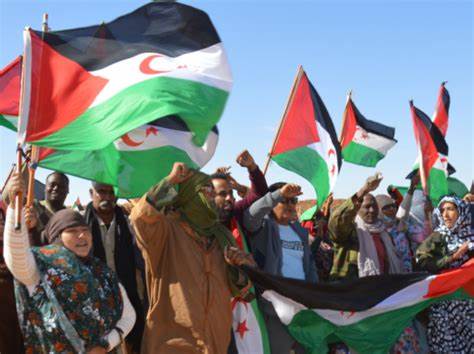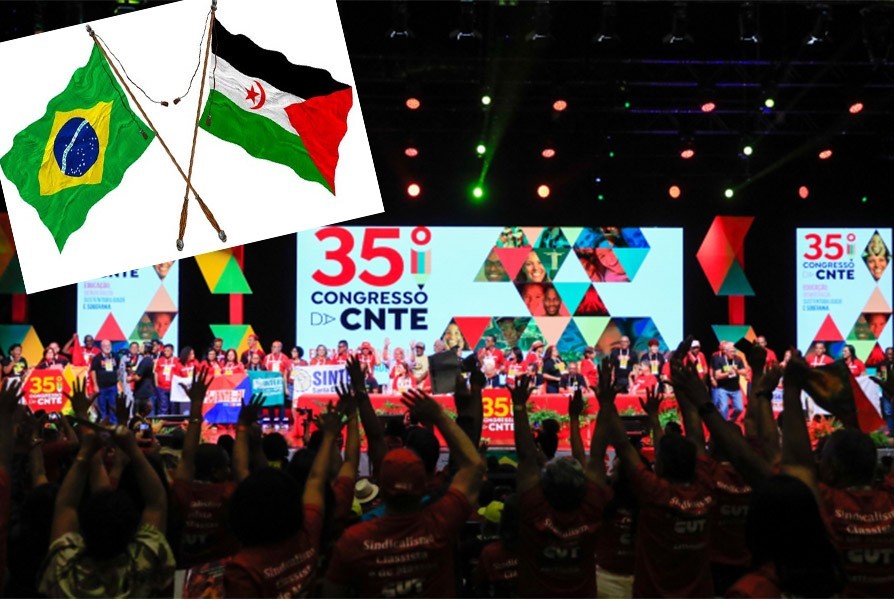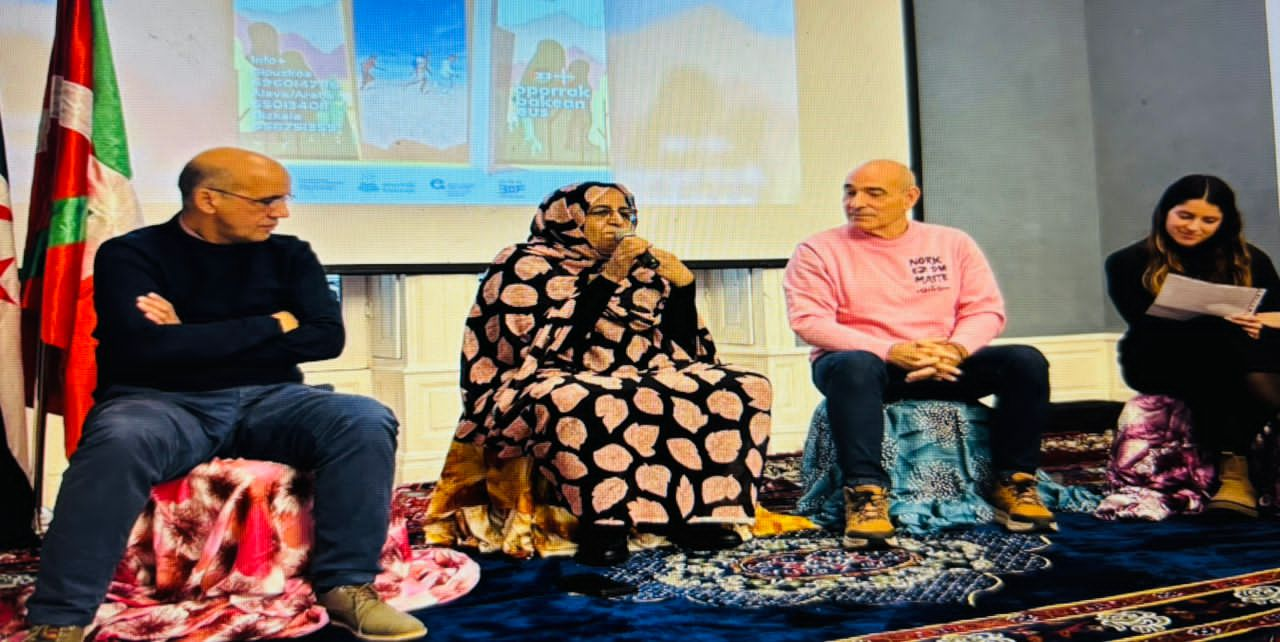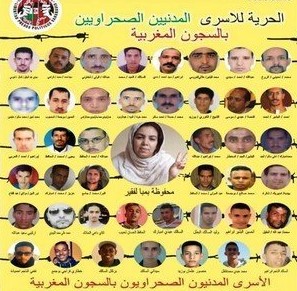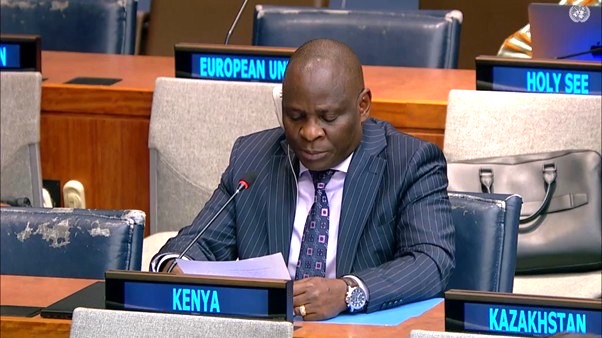
New York (United Nations), 16 October 2025 (SPS) – In its statement during the discussions of the Fourth Committee on Special Political and Decolonization Matters of the United Nations General Assembly, Kenya emphasized that the UN does not treat the Western Sahara issue merely as a territorial matter, but as a question of justice, self-determination, and human dignity.
The Kenyan representative expressed concern that the Western Sahara issue remains unresolved more than six decades after it was first included on the list of territories to be decolonized. He welcomed the affirmation in the Secretary-General’s report A/79/229 that Western Sahara remains a matter of decolonization under both the Fourth Committee and the Special Committee on the 24, underscoring that the UN treats it not merely as a territorial issue, but as one of justice, self-determination, and human dignity.
He also noted the continued support reflected in Security Council Resolution 2756 (2024) for a just, lasting, and mutually acceptable political solution that guarantees the Sahrawi people’s right to self-determination in accordance with the principles of the Charter.
He praised the tireless efforts of the UN Secretary-General’s Personal Envoy, Mr. Stefano de Mistura, to support dialogue through regional consultations and visits to the parties. He acknowledged the crucial role of the United Nations Mission for the Referendum in Western Sahara (MINURSO) in maintaining the ceasefire and creating conditions for dialogue, commending the mission’s professionalism, neutrality, and dedicated service under complex circumstances, which continues to contribute to regional stability.
He expressed his country’s encouragement for MINURSO to strengthen cooperation with the Personal Envoy, the parties, and regional partners, while enhancing transparency and confidence-building measures, including human rights and humanitarian participation, in support of a lasting and peaceful solution.
He called on both parties to renew their political will to resume negotiations in good faith under UN auspices, guided by international law and the UN Charter. He also emphasized the importance of African Union engagement, in line with its principle of “African solutions to African challenges,” to complement UN efforts and promote a balanced, peaceful, and sustainable settlement.
In conclusion, he reaffirmed his country’s belief that decolonization is not a closed chapter in history but a matter of justice, adding, “History teaches us that freedom, peace, and reconciliation are not achieved by force, but through dialogue and respect for human dignity.” He stressed that the Sahrawi people, like all peoples still awaiting their inalienable rights, deserve the international community’s steadfast commitment to fulfilling the promise of General Assembly Resolution 1514 (XV).

